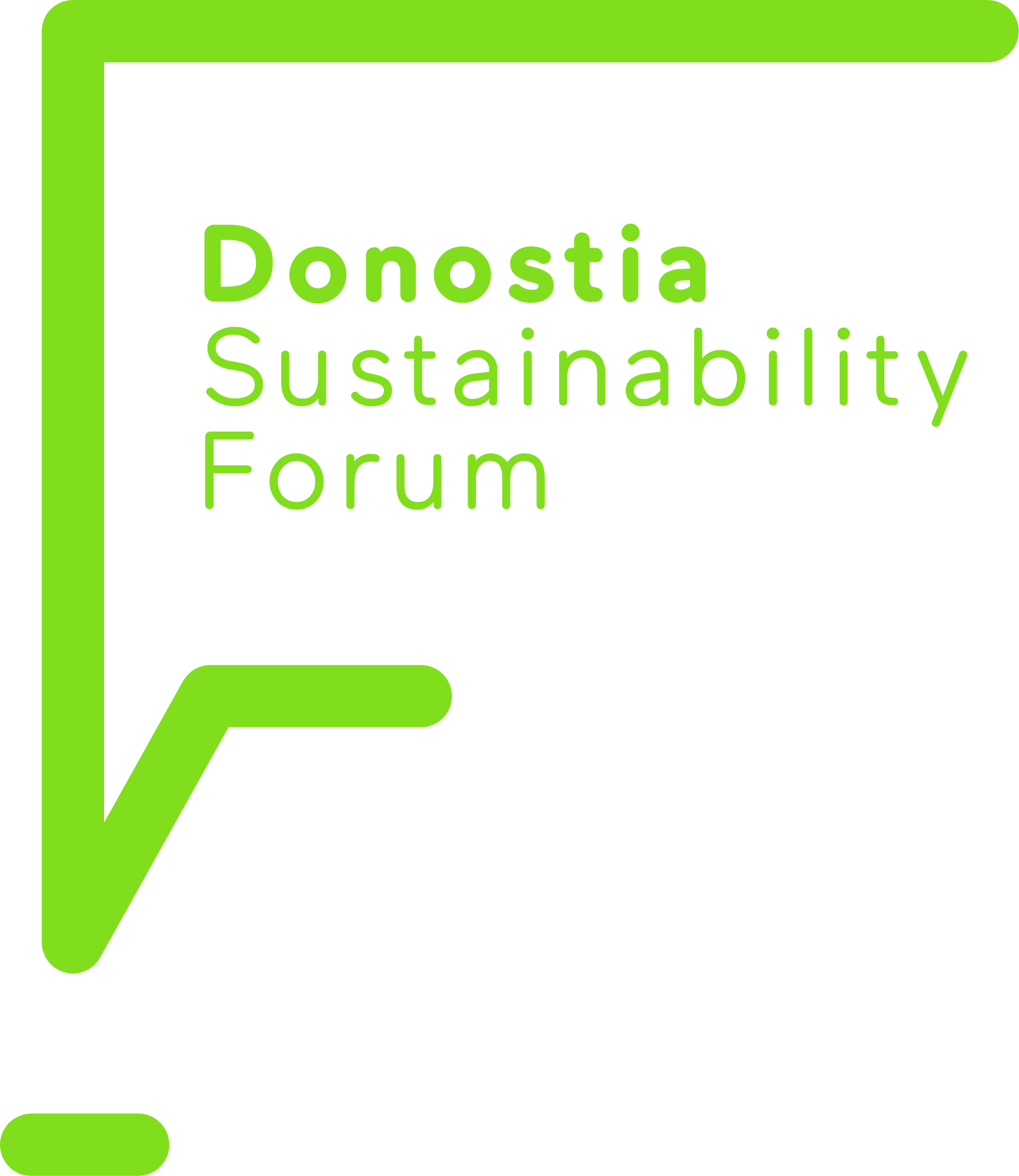The green areas are not a lawn full of flowers
Rufino Hernández, director of the European Congress on Energy Efficiency and Sustainability EESAP12-CICAS, prefers to speak of waves in the plural instead of focusing on the challenges posed by the wave of rehabilitation in which we are currently. With the money that will come from the European Next Generation, many things will be done, but then there will be an impasse and a new wave will come, because "each generation is different and wants different things." Now we set the goal of climate neutrality for cities for 2050 but as the years go by, new goals will be set, even before that date.
Gipuzkoa now or forever
Impact of climate change in some unique areas of Gipuzkoa.
Our environment has changed a lot since the days of our grandparents… and it has not even been that long. Society makes progress and that implies changes both in lifestyle and in the environment. Today we are more than 7.8 billion people on Earth and we live in a globalized world. The most notable consequence of this is the climate change we are experiencing.
Ending food waste is not a matter of willpower
To do things well, we must ensure that no one loses and that everyone sees their effort rewarded.
Artikutza, an element for the sustainability of San Sebastian
Arturo Elosegi, Doctor in Biology and Professor of Ecology, highlights the difference between the way Artikutza used to look like 100 years ago and the way it looks today. A hundred years ago, miners, charcoal makers and shepherds used to walk through Artikutza, the river was polluted and the forest was overexploited. The situation in Artikutza has changed considerably. Today Artikutza is one of the best-preserved places in the Basque Country and, in this sense, it emphasises the commitment that San Sebastian City Council made in its day and continues to make.
Ideas for Summer Courses proposals for the Donostia Sustainability Forum
Donostia Sustainability Forum- Basque Green Deal, is a platform for the interdisciplinary treatment of sustainability from an environmental, social and economic perspective.
The Summer Courses are an important part of the Forum's program that runs throughout the year.
At this time the deadline for submitting proposals for the Summer Courses is open (until November 26) and through these lines we list some topics of interest for the next edition framed in each of the sustainability challenges of the DSF-BGD.
Come and collaborate with DSF-BGD to advance towards a more sustainable world!
Please click to see the regulations and to submit your proposal: https://www.uik.eus/en/proposals/proposals
Workshop on good practice in the donation of surplus food: a solidary solution that reduces food waste
The Workshop on Good Practices in the Donation of Surplus Food began by highlighting the importance of prevention in order to avoid creating food surpluses, the guidelines for the donation of surplus food in the Basque Country and the need for action plans.
2021 Edition Report
We have prepared the report that sums up the year 2021.
«Entre símbolos y palabras. 40 años de Cursos de Verano de la UPV/EHU»
La Fundación ha publicado este libro firmado por los profesores de la Facultad de Bellas Artes de la UPV/EHU Eduardo Herrera y Leire Fernández con motivo del 40 aniversario de los Cursos de Verano.
Memoria académica de los 40 años de los Cursos de Verano de la UPV/EHU
La memoria académica que ha publicado la Fundación pretende reflejar la rica trayectoria de un proyecto que surgió hace cuarenta años cuyo aniversario se ha conmemorado este año, y que hoy constituye una realidad consolidada y bien anclada en el paisaje institucional junto a la Universidad del País Vasco/ Euskal Herriko Unibertsitatea.
"We are no longer talking about saving the planet, what we need to talk about is the human lives that are in danger because of the climate crisis"
Just back from Glasgow, where she attended COP-26, the United Nations climate conference, the environmental journalist and author of the book "Ecoansias" Irene Baños closed the open days programme of the Donostia Sustainability Forum with a conference on eco-anxiety and climate action.



